SUMMARY
This is AI generated summarization, which may have errors. For context, always refer to the full article.
![[PODCAST] Law of Duterte Land: Where PH stands in fight for climate justice](https://www.rappler.com/tachyon/2020/11/Law-of-DuterteLand-pt-2.jpg)
The Philippine Commission on Human Rights (CHR) will soon release an exhaustive report on companies it has found to be morally liable for the ill-effects of climate change.
A first case of its kind in the world to frame climate justice as a human rights issue, the CHR worked within the limited parameters of trying to impose exact accountability from global companies and even the governments that enable them.
The CHR report would not be legally binding on anyone, but the CHR hopes it can give birth to a string of new cases all over the world.
There are many difficulties in attaining climate justice within the existing frameworks – just some of them involving the doctrine of political issue, and a global consensus that many of our economies still rely on fossil fuel.
How do we use domestic and international law mechanisms to save the world?
Justice reporter Lian Buan spoke with CHR Commissioner Roberto Cadiz for this episode. Cadiz headed the CHR’s inquiry panel which held hearings in the Philippines and abroad to come up with a report that found evidence of some companies and governments blocking efforts to transition to clean energy.
Listen to past episodes:
- Episode 1 Part 1: Supreme Court’s most controversial decisions
- Episode 1 Part 2: Department of Justice’s evolving definition of warrantless arrests
- Episode 2: The rule of law in the time of the coronavirus
- Episode 3: Pandemic and the great wall of free speech
- Episode 4: Will petition to disclose Duterte health work?
- Episode 5: Legal difficulties of a prisoner mass release
- Episode 6: Breaking down the ABS-CBN franchise legal and political issues
- Episode 7: ABS-CBN and the 3 tangled branches of government
- Episode 8: Are extraordinary writs still effective in the time of Duterte?
- Episode 9: Dissecting anti-terror bill and threats to freedoms
- Episode 10: The problems with the Cybercrime Law
- Episode 11: Can we trust the gov’t panel probing drug war deaths?
- Episode 12: Why press freedom is legally protected
- Episode 13: What is People’s Initiative and will it work for ABS-CBN?
- Episode 14: The new push for death penalty
- Episode 15: A State of terror
- Episode 16: GCTA’s thorn – Do bad men deserve good things?
- Episode 17: Policies beyond body count of Duterte’s drug war
- Episode 18: Can we really bring Xi Jinping to the ICC?
- Episode 19: Philippine courts and the death of baby River
- Episode 20: Deep dive into anti-terror law IRR
- Episode 21: Supreme Court and the SALN challenge
If you have tips and suggestions for episodes, email the host at lian.buan@rappler.com. – Rappler.com
Add a comment
How does this make you feel?
![[OPINION] In a changing climate, how do we ensure safety and health at work?](https://www.rappler.com/tachyon/2024/04/Climate-change-safety-workers-April-25-2024.jpg?resize=257%2C257&crop_strategy=attention)
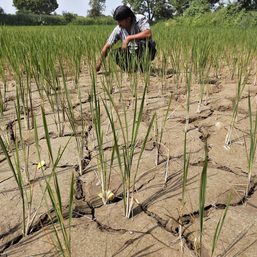

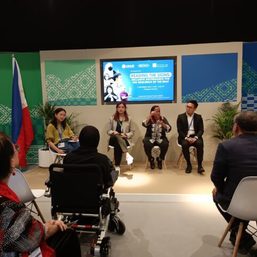
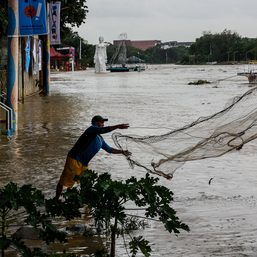

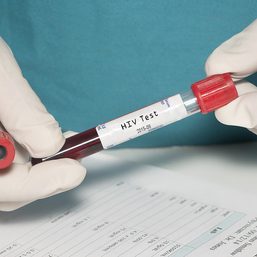
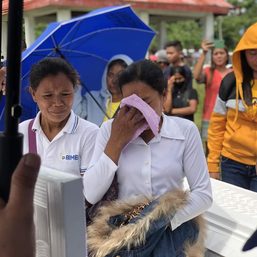
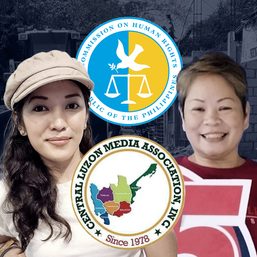
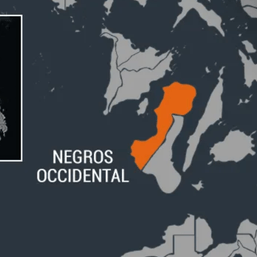
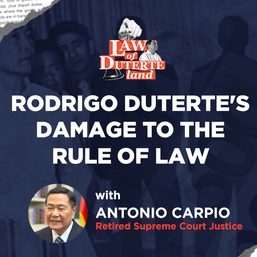
![[PODCAST] Law of Duterte Land: Is Marcos Jr. liable for P203 billion estate tax?](https://www.rappler.com/tachyon/2022/04/Law-of-DuterteLand-with-ls.jpg?resize=257%2C257&crop_strategy=attention)
![[PODCAST] Law of Duterte Land: Explaining Marcos’ P203-B estate tax debt](https://www.rappler.com/tachyon/2022/03/Law-of-DuterteLand-tcard-LS.jpg?resize=257%2C257&crop=283px%2C0px%2C720px%2C720px)
![[PODCAST] Law of Duterte Land: Scrap Malampaya deal with Dennis Uy – IBP](https://www.rappler.com/tachyon/2021/11/Law-of-DuterteLand-PROMO-ls-1.jpg?resize=257%2C257&crop_strategy=attention)

There are no comments yet. Add your comment to start the conversation.